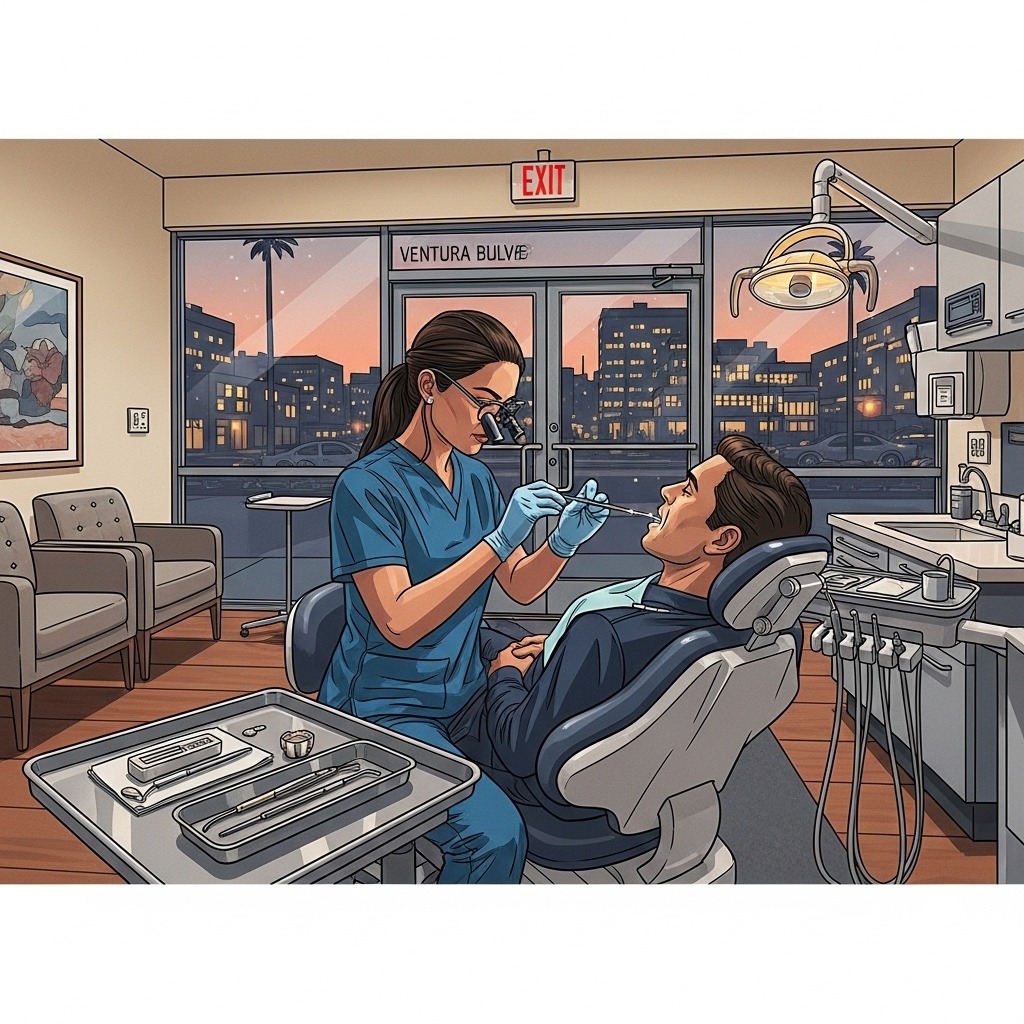Dental emergencies can strike at any time, causing discomfort, pain, or even long-term damage if not addressed quickly. This is where an emergency dentist becomes essential, providing immediate care and treatment when unexpected dental issues arise. Understanding the role and services of an emergency dentist can help individuals take swift action to protect their dental health.
The Role of an Emergency Dentist in Immediate Pain Relief
One of the primary responsibilities of an emergency dentist is to provide immediate relief from pain and discomfort. Whether it’s a sudden toothache, a broken tooth, or a lost filling, these professionals are trained to handle a variety of urgent dental situations. Unlike regular dentists, emergency dentists are often available outside of normal office hours, ensuring that patients receive the necessary care without delay.
Pain relief is a critical aspect of emergency dentistry. Severe tooth pain can stem from various causes, such as cavities, infections, or injuries. An emergency dentist will first diagnose the source of the pain through a thorough examination, which may include X-rays. Once the cause is identified, the dentist will proceed with appropriate treatment, which could involve procedures like fillings, root canals, or extractions. By addressing the problem promptly, emergency dentists not only alleviate pain but also prevent the issue from worsening, potentially avoiding more extensive and costly treatments in the future.
Handling Dental Injuries: How an Emergency Dentist Can Help
Dental injuries are another common reason for seeking the services of an emergency dentist. Accidents can happen without warning, leading to chipped, cracked, or knocked-out teeth. In these situations, time is of the essence. Immediate dental care can often mean the difference between saving a tooth and permanent tooth loss. An emergency dentist is equipped to handle such situations with speed and efficiency.
When a tooth is knocked out, for example, it is crucial to seek emergency dental care within 30 minutes to an hour. An emergency dentist will provide instructions for preserving the tooth and will attempt to reinsert it into the socket. Even if a tooth is only partially dislodged or cracked, immediate attention can prevent complications such as infections and further damage. Emergency dentists also treat soft tissue injuries, like cuts to the gums or lips, which may accompany dental trauma. Their expertise in managing these injuries ensures that patients receive comprehensive care, including suturing wounds and preventing infection.
Preventing Infections: The Role of an Emergency Dentist in Oral Health
Infections can develop quickly following dental trauma or untreated dental issues. An abscessed tooth, for example, is a serious condition that can cause swelling, fever, and even spread to other parts of the body if not treated promptly. Emergency dentists play a vital role in diagnosing and managing these infections. They may perform procedures to drain abscesses, prescribe antibiotics, and provide follow-up care to ensure the infection is completely resolved.
Beyond immediate infection control, emergency dentists also educate patients on maintaining oral health after an emergency. This might involve recommending changes in oral hygiene practices, advising on dietary adjustments, or scheduling follow-up visits to monitor the healing process. By doing so, emergency dentists not only address the urgent issue at hand but also help patients avoid future emergencies through proactive dental care.
Emergency dentist are essential in managing unexpected dental problems, providing immediate relief from pain, treating dental injuries, and preventing infections. Their role in urgent dental care ensures that patients receive timely, effective treatment that safeguards their oral health and well-being. Understanding when to seek help from an emergency dentist can make all the difference in maintaining a healthy smile, even in the face of unexpected dental issues.
Read More:
Emergency Dentist Overview: When to Seek Immediate Dental Care



